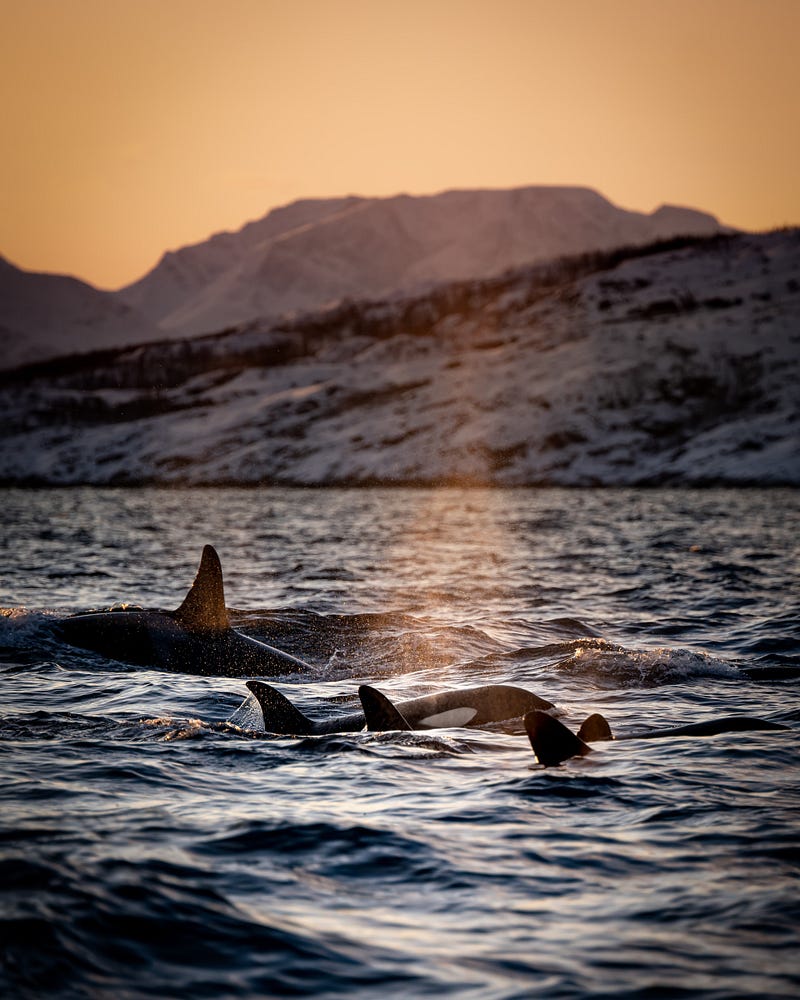Empowering Matriarchs: Three Animal Species Where Females Lead
Written on
Chapter 1: The Power of Female Leadership in Nature
In a world often dominated by male perspectives, it's easy to overlook the remarkable capabilities of females across various species. To honor the incredible female creatures that share our planet, let's delve into three extraordinary examples demonstrating that matriarchy is not only possible but thriving in the animal kingdom. Happy International Day of the Girl Child!
Section 1.1: Hyenas – The Fierce Female Hunters
Hyenas might not win any beauty contests, but their prowess in hunting and scavenging is truly impressive. Central to their success is the presence of an alpha female. In hyena societies, it is the females who predominantly take the lead in hunting, with leadership often passed down from mother to daughter.
Spotted hyena females, while not significantly larger than their male counterparts, exhibit greater aggression, which may contribute to their dominance in the social hierarchy. Remarkably, they possess a unique feature known as a pseudopenis, traditionally thought to be a male characteristic. Perhaps this indicates that a touch of assertiveness can level the playing field.
Section 1.2: Elephants – The Matriarchal Marvels
The world's largest land animals, elephants, showcase an intricate social structure led by females. The oldest and most knowledgeable matriarch guides the herd, ensuring their survival.
African elephant societies are rich with complex relationships, rooted in the bonds between mothers and their young, which endure throughout their lives. Under the leadership of these wise matriarchs, elephants successfully navigate their environment, find food, evade predators, and reproduce. This dynamic offers a fascinating perspective for human society; perhaps Fortune 500 companies could thrive even more under female leadership. What do you think?
Section 1.3: Orcas – The Ocean's Family Guardians
Completing our exploration of female-led species are orcas, known for their efficiency as ocean predators. Despite their fierce reputation, orcas are characterized by strong familial bonds.
Orca males remain with their mothers throughout their lives, and if a mother has no sons, she typically stays close to her daughters and granddaughters. Young females often assist in caring for younger siblings until they establish their own families. This nurturing dynamic showcases the loyalty and love that mothers—both in the animal kingdom and among humans—instill in their offspring.

If you found this exploration enlightening, consider following me on Medium for more insightful content. Here’s another intriguing piece: 3 Surprising Things That Could Drive Our Species To Extinction.